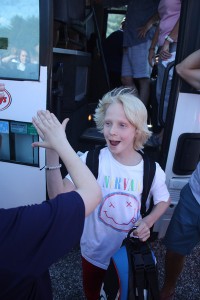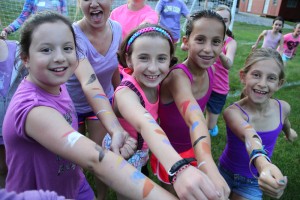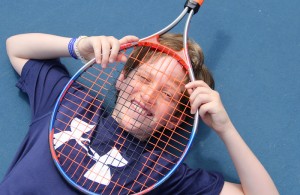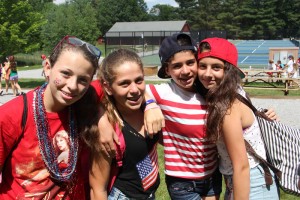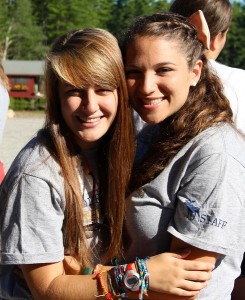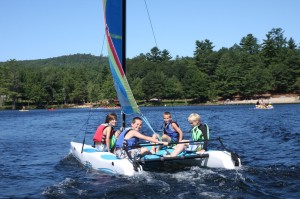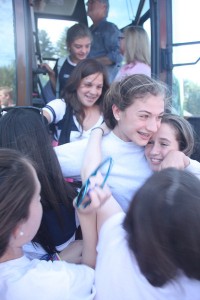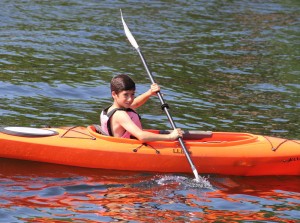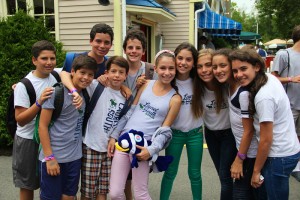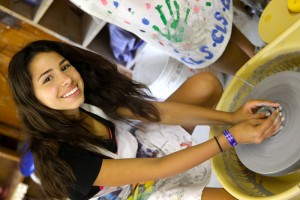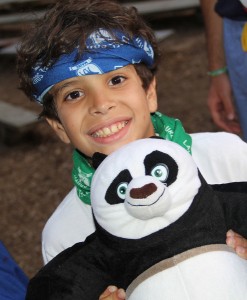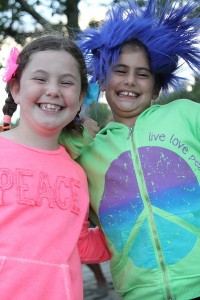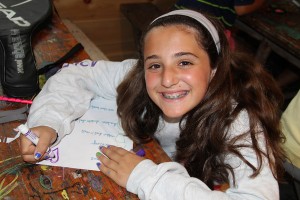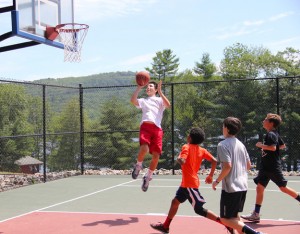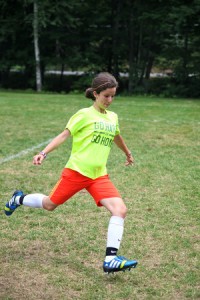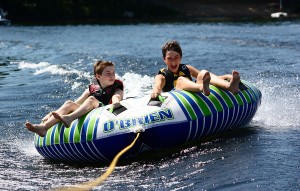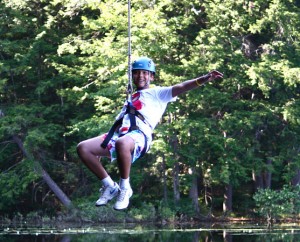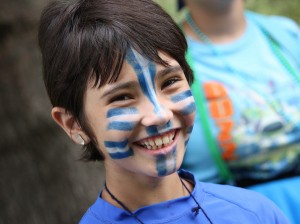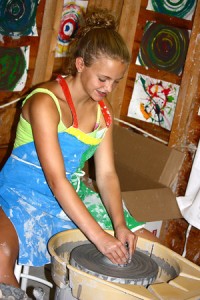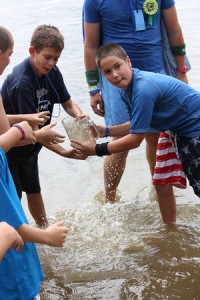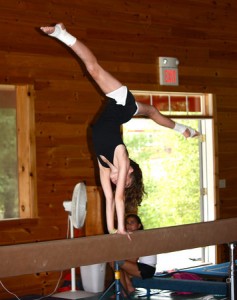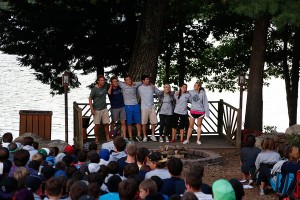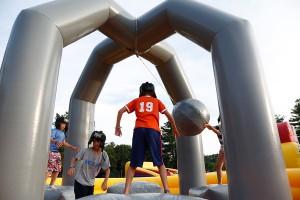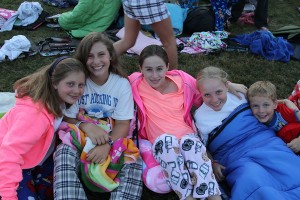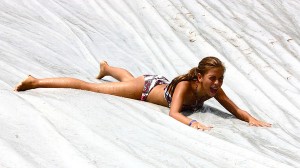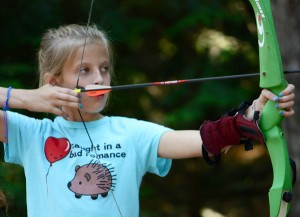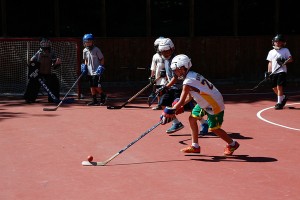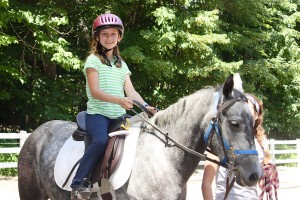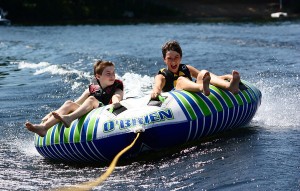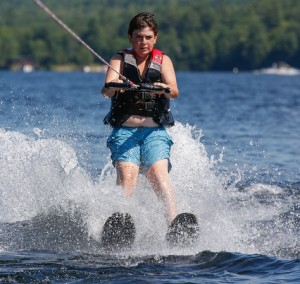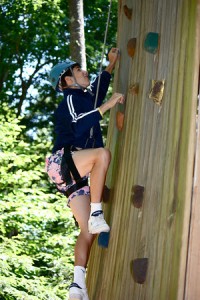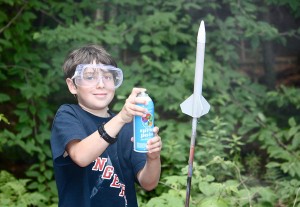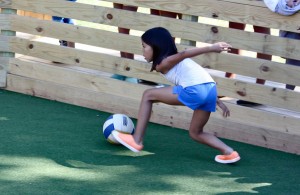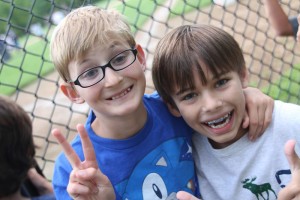 Admit it. During the summer, you just scroll through the camp photos looking for any part of your child—a pose with friends, a smiling face, an arm, a shoe, a finger—anything that you can bookmark and study intensely to see what information you can garner using every technique you’ve ever learned from Law & Order. But have you ever gone back through the photos months after camp ends and just browsed at large, not just at your children, but at camp at large? If you haven’t, you should.
Admit it. During the summer, you just scroll through the camp photos looking for any part of your child—a pose with friends, a smiling face, an arm, a shoe, a finger—anything that you can bookmark and study intensely to see what information you can garner using every technique you’ve ever learned from Law & Order. But have you ever gone back through the photos months after camp ends and just browsed at large, not just at your children, but at camp at large? If you haven’t, you should.
Camp photos aren’t just random shots caught by the camp photographer as he or she casually passed by. 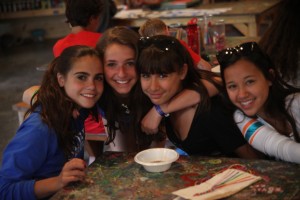 They tell a story. The story of camp and how the summer unfolds. The camp photographer is, undoubtedly, one of the hardest working people at camp. In fact, the work is so difficult, that many camps employ more than one, plus a videographer or two. Camp photographers are some of the first people out of bed each morning and some of the last to go to bed each night. Daily, they are charged with capturing the spirit of camp in pictures. If that sounds easy, try making around several hundred acres to capture about twenty activities happening simultaneously. On top of that, you’re taxed with trying to capture images of each and every camper each day. It’s a task. But a valuable one. Because, at the end of the summer, what a camp photographer leaves behind are images of the best moments at camp.
They tell a story. The story of camp and how the summer unfolds. The camp photographer is, undoubtedly, one of the hardest working people at camp. In fact, the work is so difficult, that many camps employ more than one, plus a videographer or two. Camp photographers are some of the first people out of bed each morning and some of the last to go to bed each night. Daily, they are charged with capturing the spirit of camp in pictures. If that sounds easy, try making around several hundred acres to capture about twenty activities happening simultaneously. On top of that, you’re taxed with trying to capture images of each and every camper each day. It’s a task. But a valuable one. Because, at the end of the summer, what a camp photographer leaves behind are images of the best moments at camp.
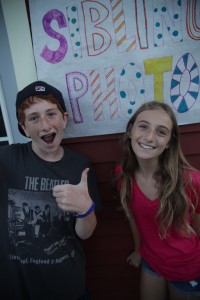 If you look back through the camp photos, you see friends enjoying time together in arts & crafts, sports teams in action, candid shots of campers living in the moment of whatever activity in which they are participating, being reflective, or just taking it all in. You also see moments of true surprise, awe, joy, and even disappointment. You can literally relive the summer by looking through the camp photos. If you want to know what your child is up to, scroll for the photos of our child. But if you want to know what is happening at camp, take the time to look through the camp photos…again.
If you look back through the camp photos, you see friends enjoying time together in arts & crafts, sports teams in action, candid shots of campers living in the moment of whatever activity in which they are participating, being reflective, or just taking it all in. You also see moments of true surprise, awe, joy, and even disappointment. You can literally relive the summer by looking through the camp photos. If you want to know what your child is up to, scroll for the photos of our child. But if you want to know what is happening at camp, take the time to look through the camp photos…again.


